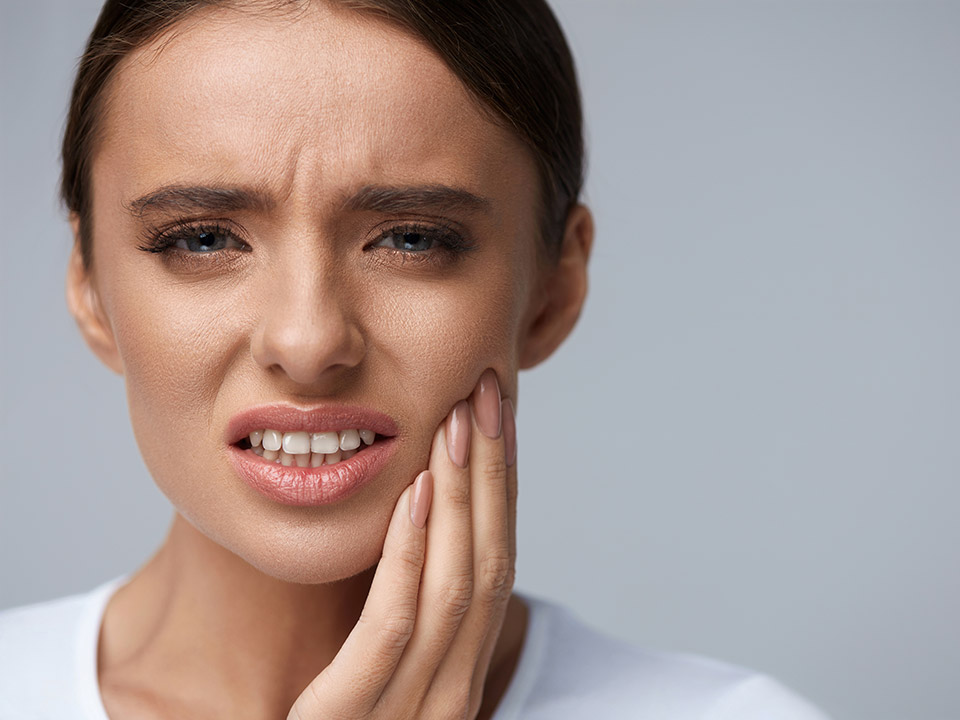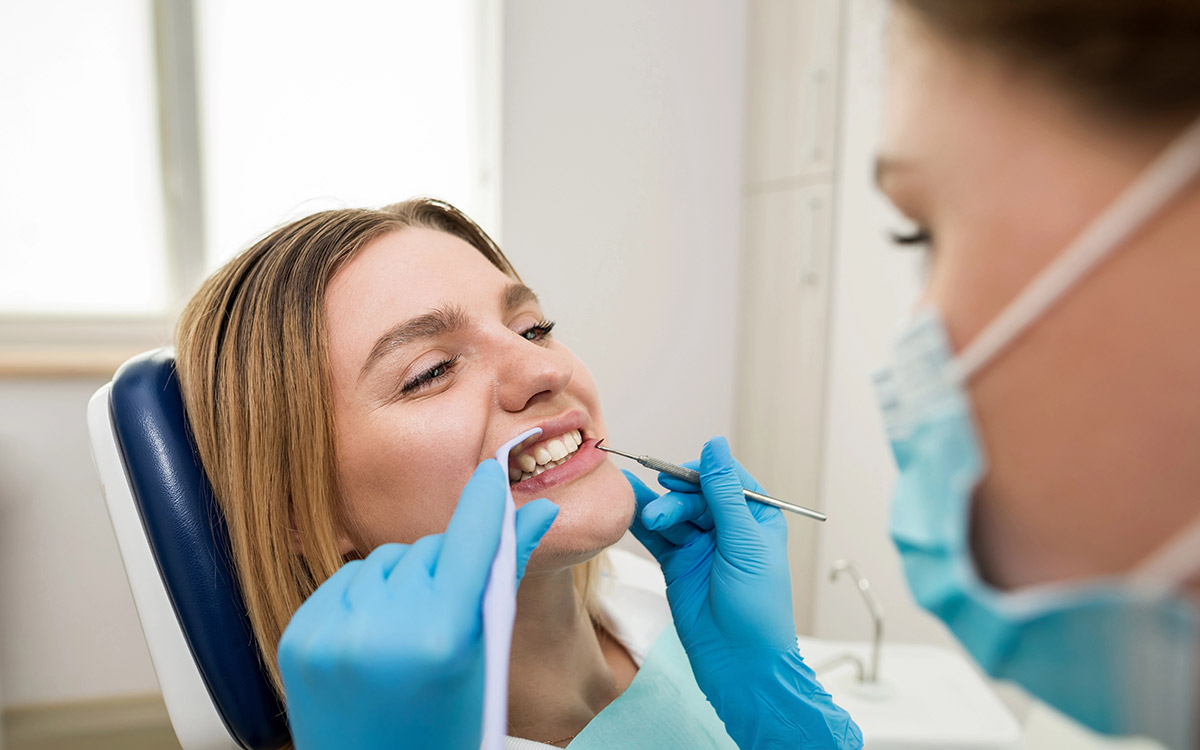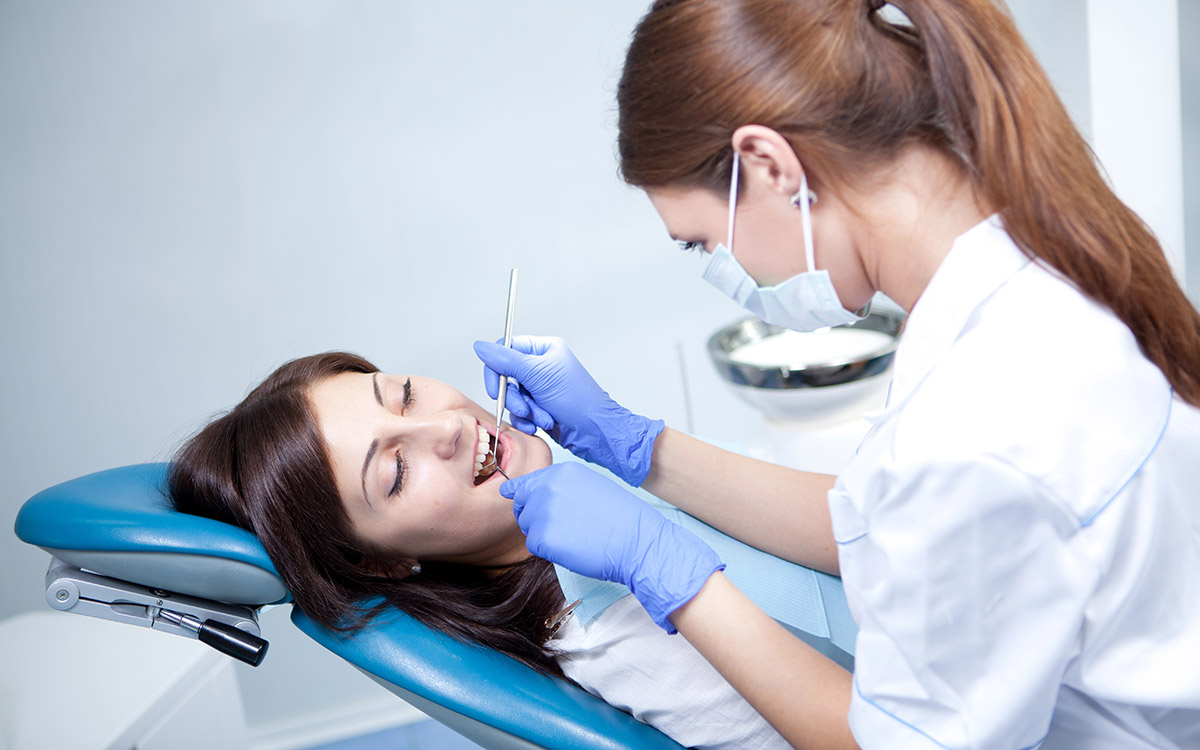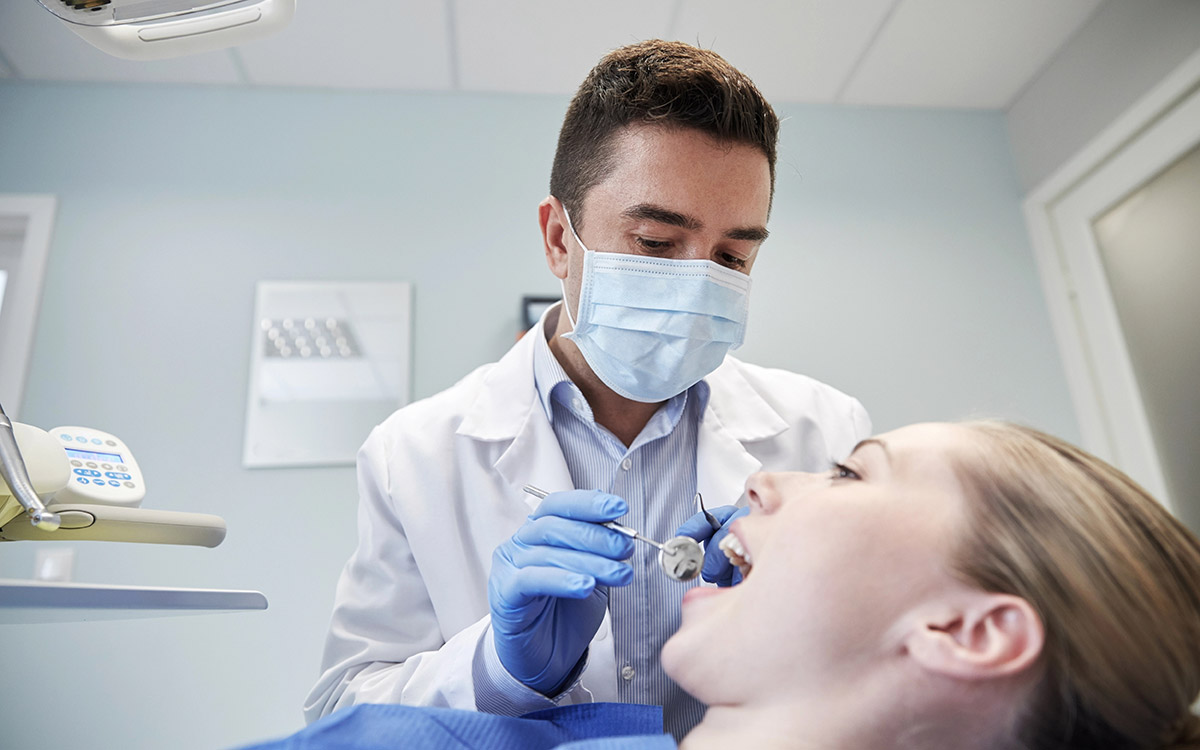Dental issues can be inconvenient, especially at night, but you can readily treat and prevent a majority of them. Cavities, gum disease, and receding gums are just a few of the dental issues that may keep you awake at night. However, most people tend to rush to the dentist’s clinic in cases of emergency.
Brushing twice a day, flossing once a day, eating appropriately, and having regular dental check-ups are all essential measures in preventing dental disorders. Regular cleaning and exams, however, are still necessary for optimal dental health.
Let’s look at some of the most prevalent dental conditions, as well as their origins, remedies, and prevention strategies. If you have any of these symptoms, you should see a dentist.
Eight Common Dental Problems
1. Tooth Cavities
Tooth cavities are also known as tooth decays. Cavities are tooth regions that have sustained permanent damage and sometimes have holes.
When a sticky material interacts with the sugars or starches in the food you eat, as well as bacteria, it forms a plaque on your teeth. As a result, it produces acid, which wears down your teeth, or enamel, and the connective tissue beneath it.
The best way to prevent cavities is by brushing your teeth twice a day and flossing regularly. Likewise, regular check-ups with your dentist are also important to ensure cavity-free smiles all around.
2. Bad Breath
Bad breath, often known as halitosis, can be humiliating. Halitosis is a prevalent mouth condition that affects people of all ages. In most cases, the food we eat is the leading cause of bad breath. However, foul breath can result from a variety of factors, including oral dryness, poor dental care, mouth infections, and illness.
Bad breath is most common in the morning after you wake up. This is because bacteria proliferate in the mouth during the night, resulting in morning breath. However, if your foul breath lasts all day, it’s generally a sign of something more serious. We can detect and treat any underlying causes of halitosis, and oral hygiene can typically alleviate and prevent bad breath.
3. Gum Disease
Keeping a good smile involves looking after not only the teeth but also the gums. Gum disease, often known as gingivitis, is an infection of the gums. Gingivitis can lead to periodontal disease if it’s not treated correctly.
It’s commonly caused by plaque buildup on your teeth due to bad brushing and flossing habits. Gingivitis symptoms include bleeding gums, red or swollen gums, loose teeth, poor breath, and pus-forming gums.
You can avoid gum disease, like all other common dental issues. Brushing, flossing, and rinsing with an antimicrobial mouthwash daily prevents gingivitis. Also, don’t forget to see your dentist for regular teeth cleaning.
4. Sensitive teeth
Tooth sensitivity is a frequent issue that millions of individuals suffer from. Dental hypersensitivity is another term for tooth sensitivity. When you have cold or hot meals and beverages or inhale cold air, you may experience pain or discomfort in your teeth.
Though sensitive teeth may have no relevant cause, they can also indicate the presence of a cavity, gum disease, or a crack in your tooth. Make an appointment with your dentist if you experience sudden tooth sensitivity to examine if any underlying conditions need addressing.
5. Cracked or Broken Teeth
Accidents or injuries are the most common causes of cracked or chipped teeth. In addition, jaw discomfort and headaches are a result of a fractured or damaged tooth. Furthermore, leaving the tooth alone may result in severe damage or infection. Because cracks can be challenging to spot with the naked eye, you should see your dentist as soon as possible if you have cracked or broken a tooth.
6. Oral Cancer
Oral cancer is a life-threatening condition that affects millions of individuals worldwide. Because oral cancer has no pain or main symptoms, it has a great mortality rate. However, if caught early, it has a high treatment success rate.
Malignancies of the gums, tongue, lips, cheek, the floor of the mouth, and hard and soft palate are all examples of oral cancers.
Oral cancer is the result of tobacco usage, such as smoking and chewing tobacco and alcohol consumption. Sores, bumps, or rough patches in the mouth are some of the symptoms. You may also experience difficulties eating or moving your tongue or jaw, as well as a change in your bite.
A dentist can detect oral cancer early with regular dental appointments.
7. Dry Mouth
Also referred to as xerostomia, it’s a common oral health issue brought on by a lack of saliva. Dry mouth can affect everyone, although it is more common in the elderly. However, other underlying illnesses or causes, such as salivary gland disease, nerve damage, diabetes, cancer therapies, HIV/AIDS, or certain medications, can cause dry mouth.
Xerostomia is dangerous because it deprives your teeth and gums of essential lubrication, washing, and hydration. If you have a dry mouth, consider a visit to your dentist; in the meantime, drinking enough water throughout the day can help. Also, avoid sugar, coffee, smoking, and consuming alcoholic beverages.
8. Mouth Sores
Mouth sores can appear on the gums, tongue, inner cheeks, lips, or at the bottom of the mouth. Cold and canker sores are the most prevalent types of infection sores.
- Cold sores are tiny blisters or rashes that occur on the lips or around the nose. Herpes simplex virus type 1 is the virus that causes them. Cold sores are very contagious and easily spread during an outbreak. Your dentist can prescribe antiviral medication to help with the irritation and help manage the sore.
- Canker sores are a result of a bacterial infection. The sores can be painful and irritating. They are non-contagious but common to persons with certain medical conditions or a weakened immune system. Your dentist can prescribe antibiotics and an antimicrobial mouthwash to help manage the sores.
If you are concerned that you are developing a dental condition, we may be able to help. Our devoted team of specialists will give you the necessary advice and treatment to keep your smile healthy.







